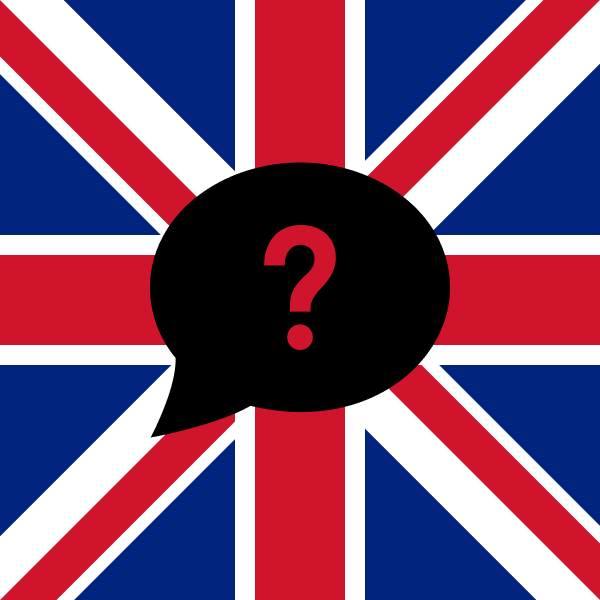For example, switching out the word ‘boot’ for ‘trunk’, or ditching the word ‘rubbish’ for ‘garbage’.
This is something I’ve noticed my 6 year old does pretty regularly. We went through a stage where ‘sweets’ became ‘candy’, ‘holiday’ became ‘vacation’ and ‘courgette’ became ‘zucchini’.
That last one didn’t happen but if you’re still reading you’ve got my respect, or as the Americans might say ‘…mad props’.


I make an effort to speak British English, and not let any American into my vocabulary. Not really sure what the point is, but I’m sure I had a reason at some point.
However, I do like saying “hood” instead of “bonnet”, mainly because it’s easier to say “under the hood” than “under the bonnet” when talking tech.
Do you use hood for actual cars or is it strictly when you are talking about non-car things?
Just for non-car stuff. I *would * use hood for everything, but the people I would talk to about cars would get pissy for using the wrong car words.
Fair enough, I was curious as I quite like these things where the figurative language gets orphaned from its literal meaning. Giving future etymologists something to enjoy.